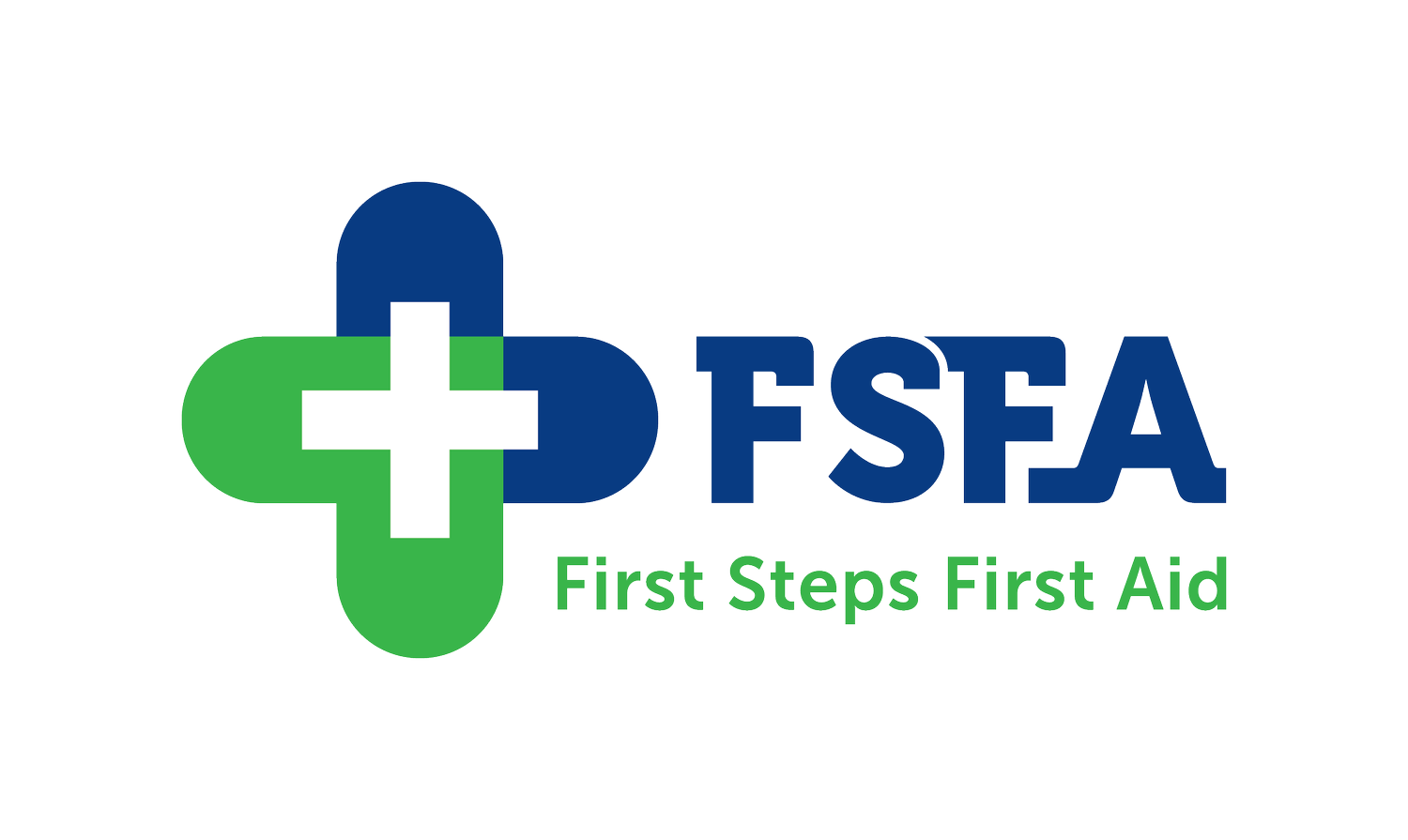Ensuring CQC Compliance for GP Surgeries: What training and equipment do I need?
GP surgeries are required to meet all aspects of the Care Quality Commission (CQC) regulatory standards. Outlined in the Health and Social Care Act 2008 (Regulated Activities) Regulations 2014, is one regulation that is easily overlooked in an environment of experienced clinicians. Regulation 18 emphasizes the significance of ensuring that all staff are adequately qualified, competent, and experienced to carry out their roles effectively and deal with emergencies.
CQC Recommended Quality Standards:
Practices are expected to meet the following quality standards:
immediate access to appropriate resuscitation equipment and drugs when needed
a way for all staff to call for help
staff who are trained to use equipment according to their roles
local risk assessment overseen by a designated resuscitation lead
personal protective equipment (PPE) and sharps boxes
a reliable system to check and replace equipment that follows the manufacturer's instructions.
Essential Resuscitation Equipment:
The following items should be readily available:
Automated External Defibrillator (AED)
Adhesive defibrillator pads – spare set also recommended.
Oxygen, including a cylinder with a key and tubing where necessary.
Pocket mask (adult) with an oxygen port – adaptable for use in infants.
Protective equipment where necessary.
Stethoscope.
Absorbent towel – for drying the chest if necessary.
Razor – for shaving the chest to apply pads if needed.
Resuscitation Training Requirements:
Resuscitation Council UK recommends staff in primary care, including non-clinical staff, should receive regular training in adult and child resuscitation appropriate to their role.
Training should enable staff to:
Recognise cardiorespiratory arrest
Call for help
Start cardiopulmonary resuscitation (CPR) with defibrillation as appropriate
Receive annual training updates that include assessment.
Practices must keep evidence of approved and completed resuscitation training. There is no specific requirement for a particular type of training and each practice can tailor it to local needs.
How First Steps First Aid Ltd Can Help:
First Steps First Aid Ltd offers a comprehensive course tailored to meet the demands of the CQC and the resus council guidelines. Our training includes Basic Life Support (BLS) and Anaphylaxis training for clinical and non clinical staff. This package will empowers all staff to respond appropriately to common medical emergencies that may arise in the practice. Our affordable courses are taught by experienced paramedics and are fun and engaging for the learners to help maintain the focus of your team. Explore our GP Surgery training course here. We are flexible and willing to customise training to meet your surgery's specific needs – simply get in touch with us at info@firststepsfirstaid.co.uk.


